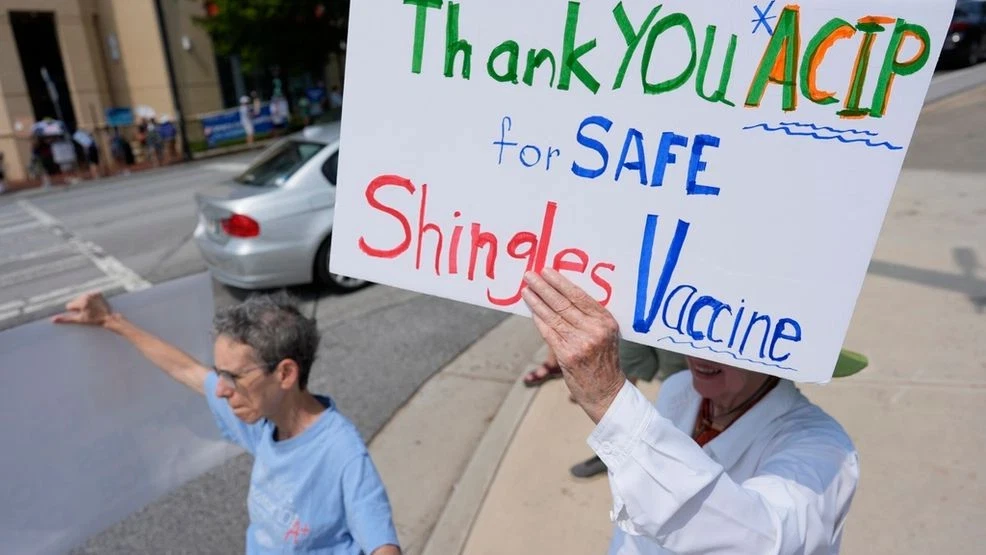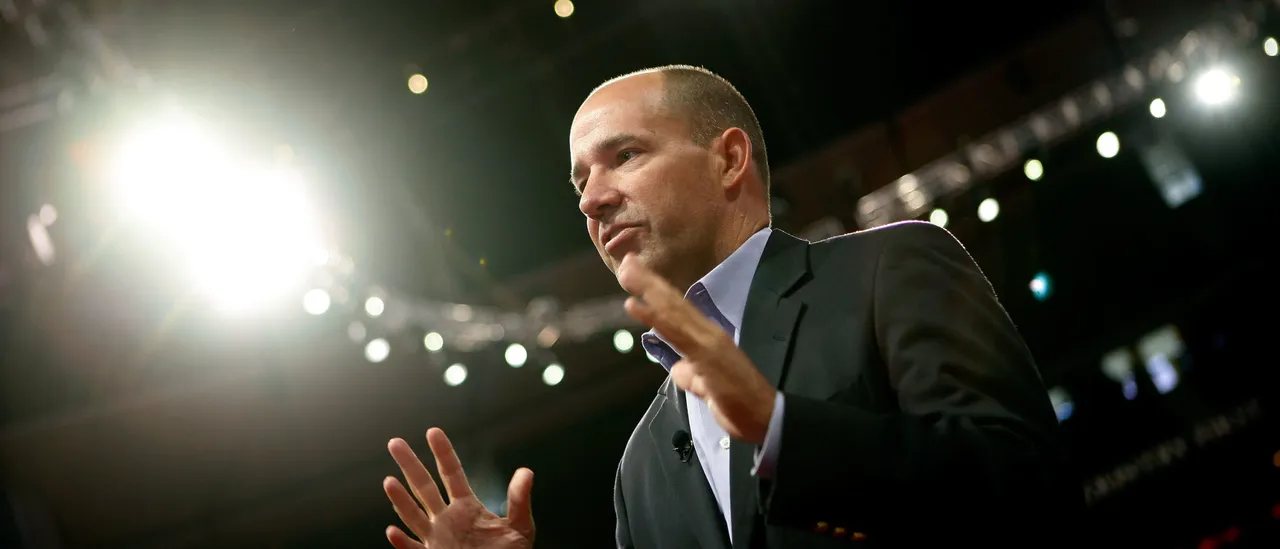
Health Secretary Robert F. Kennedy Jr.’s will vote on Thursday on shots for hepatitis B and MMRV, which is a combined shot against measles, mumps, rubella and chickenpox.
The Advisory Committee on Immunization Practices, or ACIP, which makes recommendations to the director of the Centers for Disease and Control, in June with eight new vaccine policy advisers.
CDC directors have almost always accepted the committee’s recommendations, which are supported by doctors and are used to guide vaccination programs.
Kennedy’s decision to replace the panel was widely decried by doctors’ groups and public health organizations, who feared the advisers would be replaced by a group aligned with Kennedy’s desire to reassess — and possibly end — longstanding vaccination recommendations.
Information on the meeting agenda suggests the committee may be poised to roll back — at least partly — a longstanding recommendation that virtually all U.S. children get an initial dose of hepatitis B vaccine right after birth.
The American Academy of Pediatrics and many public health officials support that decades-old practice.
Committee Chairman Martin Kulldorff opened the meeting by defending the group against critics who say it leans toward anti-vaccine views.
“The members of this ACIP Committee are committed to reassuring the public and restoring public confidence by removing unnecessary risks and harms whenever possible. That is a pro-vaccine agenda,” Kulldorff said.
Concern for vaccines intensified in May when Kennedy from the recommended immunization schedules for healthy children and pregnant women.
Recommendations on the COVID-19 vaccine are expected from the committee on Friday.
A new COVID-19 vaccine was approved in August, but the Food and Drug Administration (FDA) narrowed its use for younger adults and children to those with at least one high-risk health condition, such as asthma or obesity.
On Wednesday, told senators that she was fired after being pressured to endorse new vaccine recommendations without scientific evidence, and refusing to fire top health officials without cause, while accusing Kennedy of prioritizing politics above science.
“I was fired for holding the line on scientific integrity,” Monarez said during a hearing with the Senate Committee on Health, Education, Labor and Pensions Committee. “I had refused to commit to approving vaccine recommendations without evidence, fire career officials without cause, or resign.”
Earlier this month, Kennedy was grilled by the Senate Finance Committee, where he defended his .
Additionally, more than 1,000 current and former employees at the U.S. Department of Health and Human Services (HHS) sent a letter saying they from his position at the agency.
The three-page letter claimed he is “compromising the health of this nation.”



